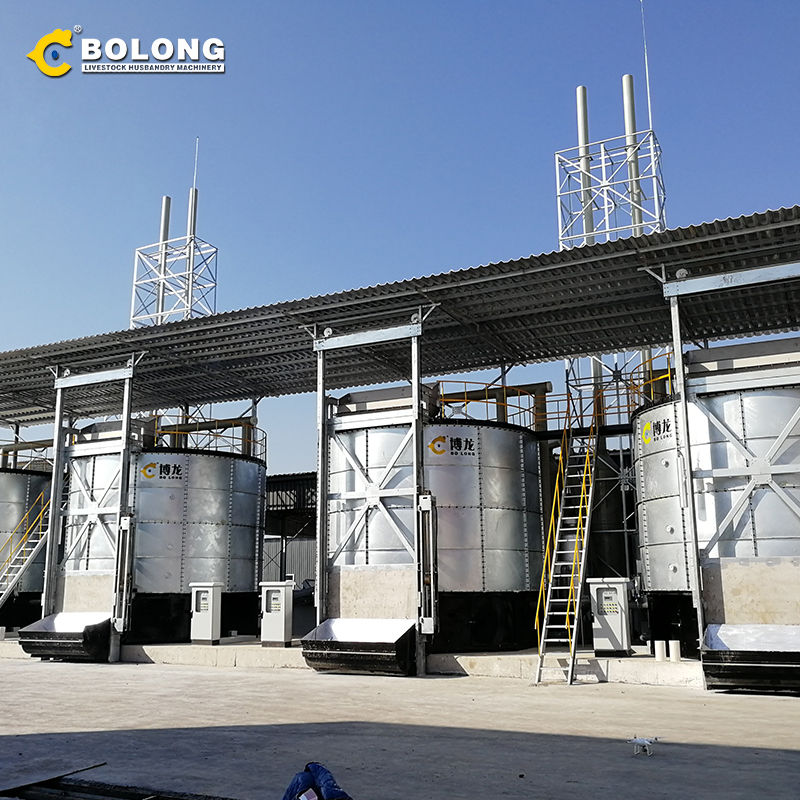
2015/12/1/ · As a control, the same proportion of mixture in a same bioreactor was turned for 5 min every two days and supplied with no external heating. 2.3. Sampling. Sub-samples from nine sampling points at a depth of 30 cm were collected every 4 h in the experiment of rapid degradation of food waste and 2 days in the control one.

2023/7/20/ · The bioreactor accelerates the decomposition and stabilization of waste. At a minimum, leachate is injected into the bioreactor to stimulate the natural biodegradation process. Bioreactors often need other liquids such as storm water, wastewater, and wastewater treatment plant sludges to supplement leachate. This
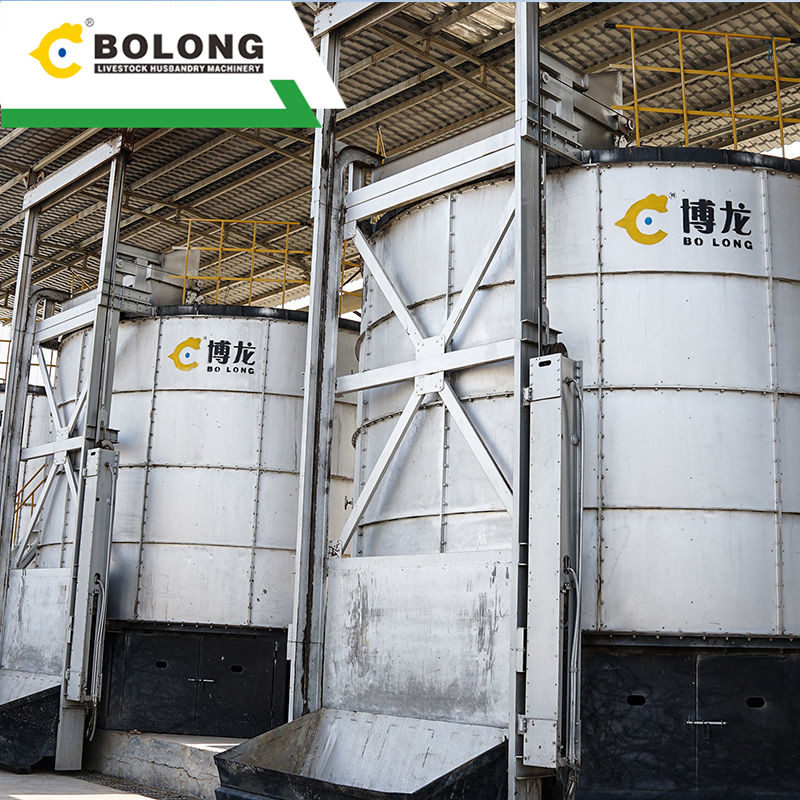
Compost tea is made by soaking mature com-post, after decomposition is completed.) Fill the reactor, starting with a 5–10 cm layer of “brown” material such as wood chips, finished compost, or twigs and branches. Loading can take place all at once (called “batch composting”) or in periodic incre-ments.

The bioreactor and leachate recirculating landfills differ from the “dry” Subtitle D landfill in that they each receive managed liquid additions to augment waste stabilization. The bioreactor landfill differs from the leachate recirculating landfill in that it can obtain rapid and complete stabilization by use of water and other amendments.
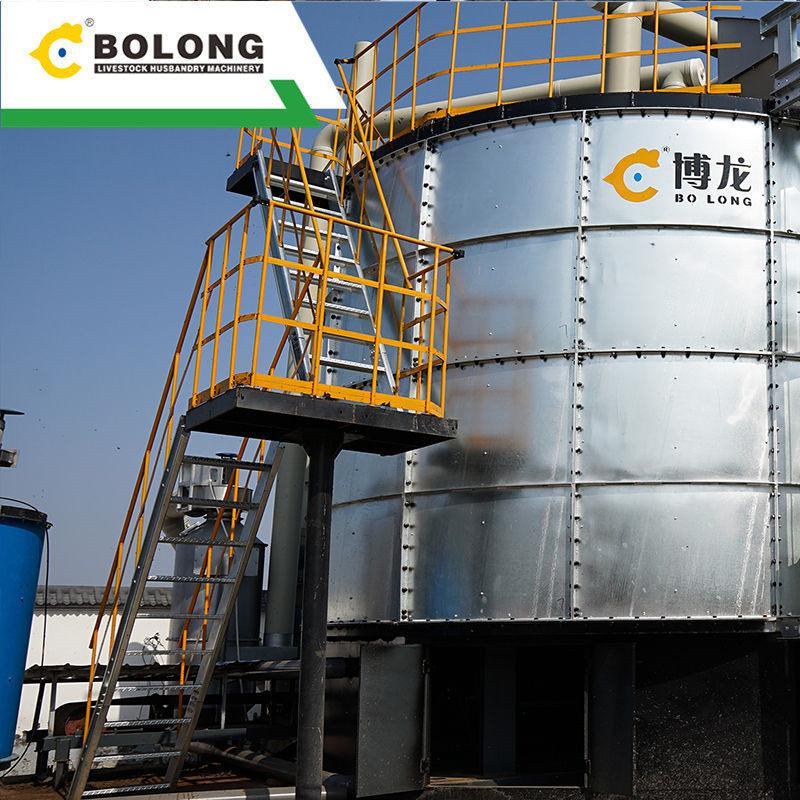
2018/7/4/ · The primary objective of bioreactor landfill is to achieve adequate and rapid distribution of moisture in landfilled municipal solid waste (MSW) to accelerate the anaerobic biodegradation of the
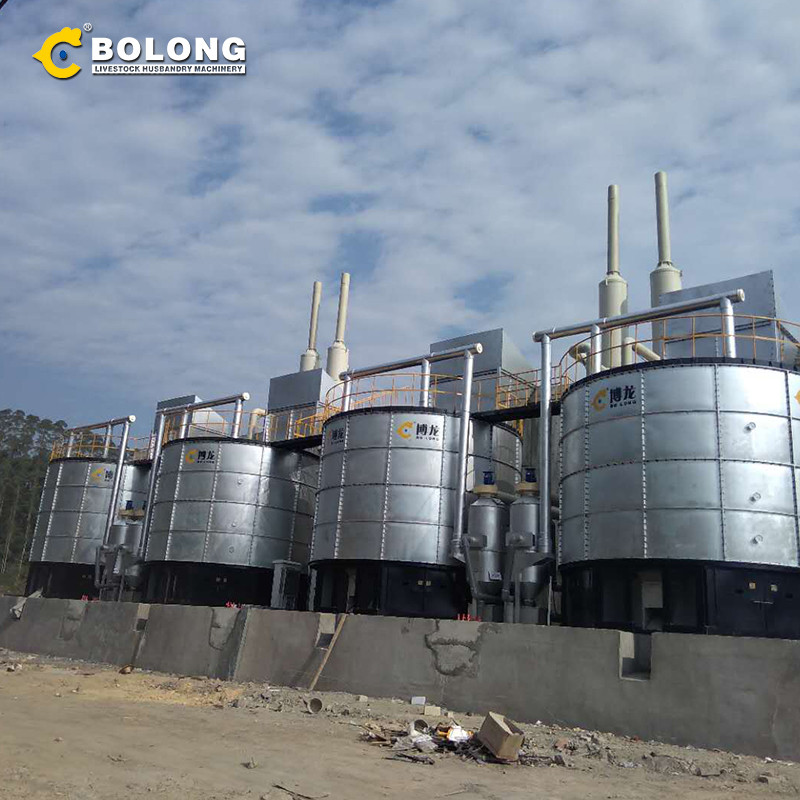
2024/2/8/ · The present study analyses the effect of leachate recirculation on fresh municipal solid waste transformation. Investigation of bioreactor landfills is the need of the hour in developing countries like India, with rapid population growth. The leachate recirculation method was adopted to assess the improvement in leachate and methane

2022/8/12/ · Rapid waste generation rate in developing countries is reinforcing the necessity of further enhancement of MSW biodegradation disposed in BRL. Zhao X, Soong TY, Qian X, O’Keefe L (2005) Enhanced waste decomposition in bioreactor landfill with septage additions. In: Geosynthetics Research and Development in Progress, pp

Alkoaik (2019) evaluated the ability of this approach to accelerate composting by combining continuous aeration with a rotating bioreactor. Aeration accelerates the rapid
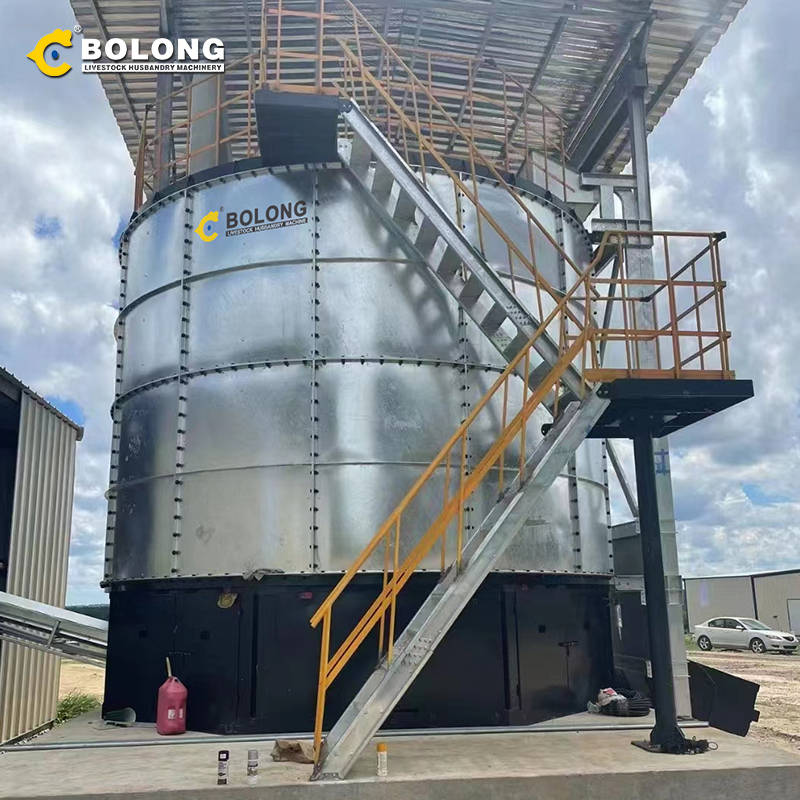
Among the leachate decomposition treatment technologies, most of the leachate decomposition treatment in China is simple application of wastewater treatment technology, which makes the treatment
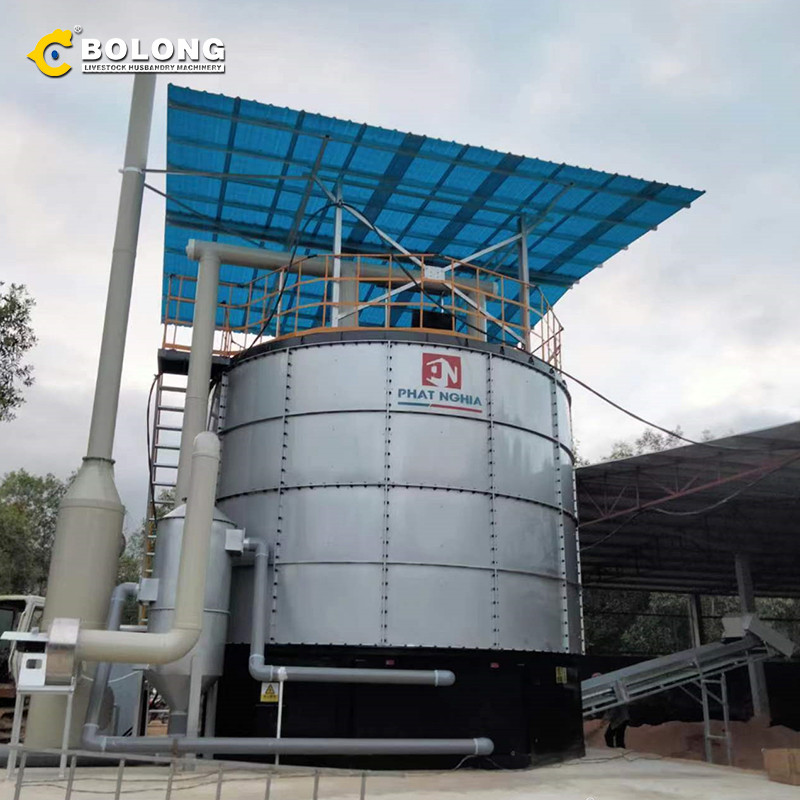
2002/8/1/ · A slurry bioreactor was developed for total oxidation of food wastes and continuously operated for a significant period of time (over 90 days) without intermittent removal of process residues. The reduction of food wastes was as high as 91%, which is far higher than reduction achieved in the conventional solid-state decomposition of food
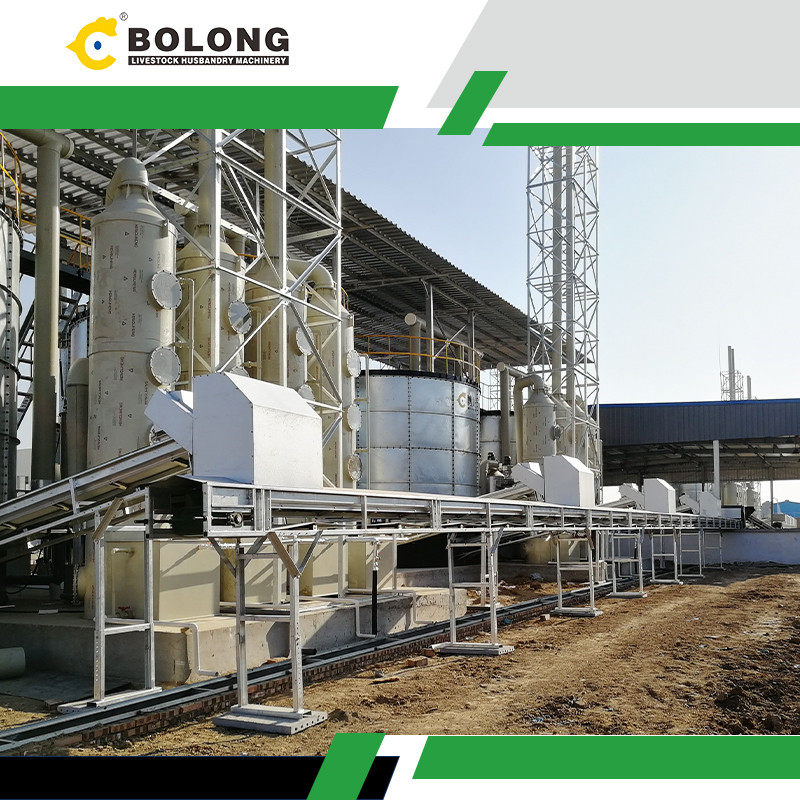
bioreactor cells were substantially higher ( 0.11 yr 1). The data document the ability of the bioreactor operation to enhance landfill CH 4 generation, although the esti-mated decay rate is sensitive to the selected L 0. The more rapid decomposition in the bioreactor cells reduces the length of time over which gas will be produced and em-
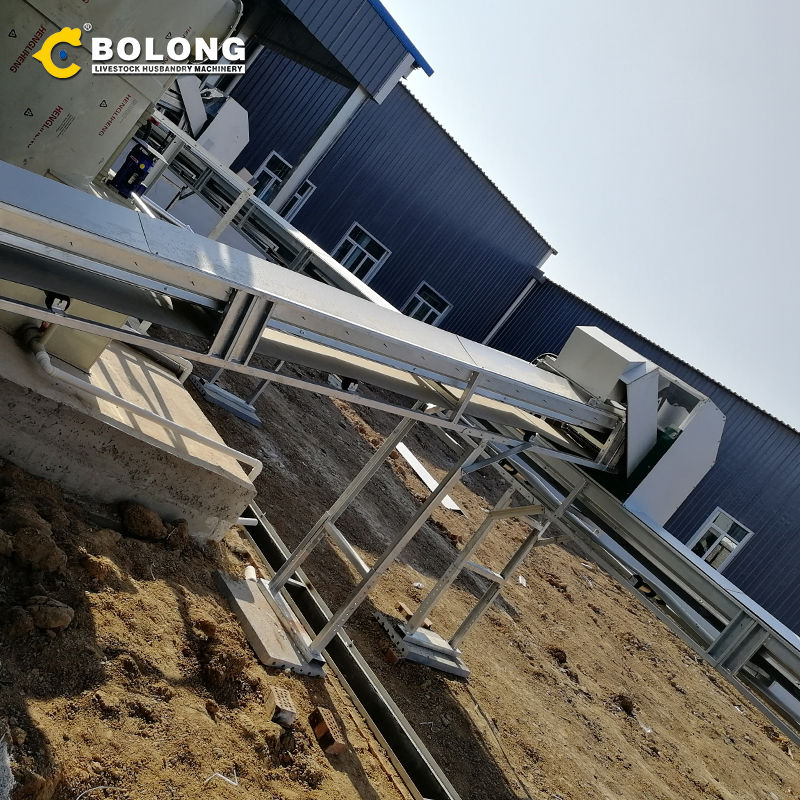
2018/12/19/ · The bioreactor landfill can be defined as it is constructed and operated to rapidly accelerate the biological stabilization of solid waste in the landfill area [3]. The more rapidly decomposition

Bioreactor landfills, unlike conventional dry tomb municipal solid waste (MSW) landfills, purposefully recirculate air and liquids through the waste structure to support the microbial degradation processes. Most bioreactor landfills utilize anaerobic decomposition processes to promote rapid waste stabilization, and as a byproduct, produce ...

2018/11/14/ · Analytical Determination of the Optimal Feed Temperature for Hydrogen Peroxide Decomposition Process Occurring in Bioreactor with a Fixed-Bed of Commercial Catalase. The hydrogen peroxide-immobilized commercial catalase system was chosen to estimate the optimal feed temperature (OFT) for fixed-bed reactor (FXBR).

BIOREACTOR LANDFILL TECHNOLOGY. Bioreactor technology accelerates the biological decomposition of food, greenwaste, paper and other organic wastes in a landfill by promoting conditions necessary for the microorganisms that degrade the waste. The single most important factor in promoting waste decomposition is the moisture content